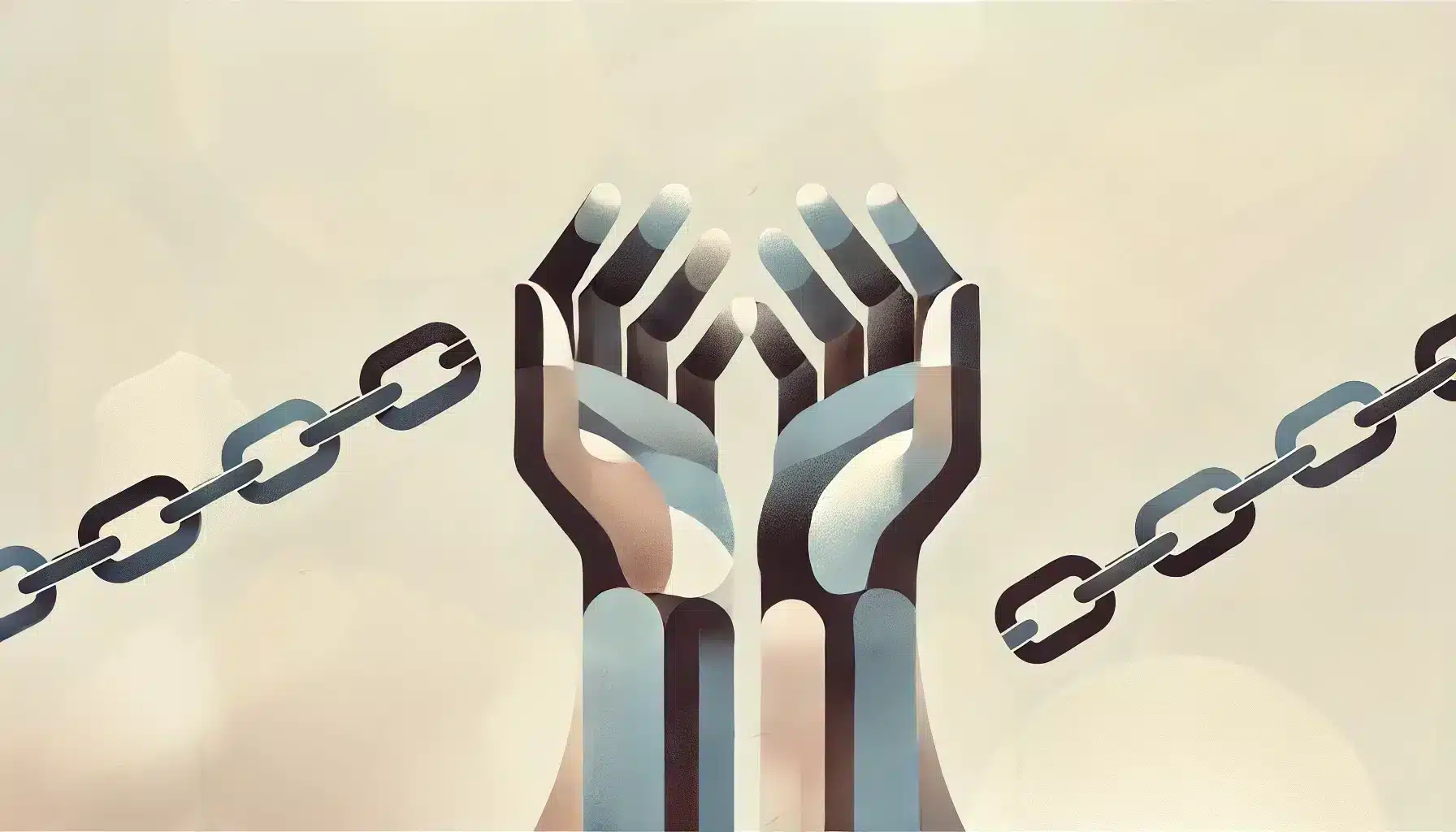What is the International Day for the Abolition of Slavery?
The International Day for the Abolition of Slavery, observed annually on December 2, is a global initiative led by the United Nations to combat modern forms of slavery. These include human trafficking, forced labor, sexual exploitation, child labor, and forced marriage. The day calls for global efforts to eradicate these crimes and ensure freedom and dignity for all individuals.
This observance highlights the reality that slavery is not a relic of the past;it persists in various forms across the world, affecting millions of people.
History and Origin
The International Day for the Abolition of Slavery was established to mark the adoption of the United Nations Convention for the Suppression of the Traffic in Persons and of the Exploitation of the Prostitution of Others on December 2, 1949. This convention was a groundbreaking step in addressing human trafficking and exploitation.
The day’s primary goal is to raise awareness about the realities of modern slavery and encourage governments, organizations, and individuals to take active steps to combat it. It also aims to honor the resilience of those who have escaped or continue to endure these forms of exploitation, pushing for justice and systemic change.
Who Observes the International Day for the Abolition of Slavery?
- United Nations Member States: Governments worldwide implement campaigns, introduce policies, and issue statements emphasizing the fight against modern slavery.
- Non-Governmental Organizations (NGOs): Groups like Anti-Slavery International and the International Justice Mission lead advocacy efforts and provide support to victims.
- Educational Institutions: Schools and universities hold workshops, discussions, and seminars to educate young people about the ongoing fight against slavery.
- The General Public: Individuals participate by sharing information, attending events, and supporting anti-slavery initiatives.
- Activists and Advocates: Use the day to campaign for stronger enforcement of anti-slavery laws and raise awareness about the plight of victims.
Themes and Slogans
The International Day for the Abolition of Slavery emphasizes freedom, human rights, and justice. It calls attention to the importance of dismantling modern slavery systems and creating an inclusive, equitable society.
Popular slogans include:
- “End Slavery Now”
- “Freedom for All”
- “Stop Human Trafficking”
These themes and slogans inspire collective action and serve as rallying cries for change.
Colors, Symbols, and Patterns
Colors:
- Red: Symbolizing urgency and the fight for justice.
- Black: Representing the oppression faced by victims.
- White: Reflecting hope and the quest for freedom.
Symbols:
- Broken Chains: Representing liberation from bondage.
- Hands Breaking Free: A symbol of resistance and resilience.
- Global Globe: Highlighting the worldwide nature of modern slavery.
Patterns:
- Shackles and Chains: Used in promotional materials to depict the struggle against slavery.
- Silhouettes of People: Symbolizing victims gaining freedom.
- Abstract Designs: Representing the global fight for equality and justice.
How to Observe the International Day for the Abolition of Slavery
- Educate Yourself and Others: Learn about the various forms of modern slavery and share this knowledge to raise awareness.
- Support Anti-Slavery Organizations: Donate to or volunteer with NGOs that fight human trafficking and provide services to survivors.
- Advocate for Policy Change: Write to policymakers or participate in campaigns to strengthen anti-slavery laws and enforcement.
- Raise Awareness on Social Media: Use platforms to share stories, facts, and resources using relevant hashtags.
- Participate in Events: Attend virtual or in-person seminars, discussions, or exhibitions focused on combating modern slavery.
Most Used Hashtags
- #EndSlavery
- #AbolishSlavery
- #HumanRights
- #StopHumanTrafficking
- #FreedomForAll
Why is the International Day for the Abolition of Slavery Important?
This day is important because it highlights the ongoing crisis of modern slavery, which affects over 40 million people worldwide, according to the International Labour Organization. By focusing on awareness and action, the observance serves as a catalyst for systemic change, encouraging society to confront and eradicate these injustices.
The day also reminds the global community of the importance of protecting vulnerable populations, addressing the root causes of slavery, and ensuring that freedom and dignity are accessible to all. It inspires collective action and emphasizes that a world free of slavery is achievable with sustained efforts.
Features
Contact Info
December 2: Day for the Abolition of Slavery
Why do you keep falling for the same type?
Read the article Lovemaps: the hidden blueprint of our love.

